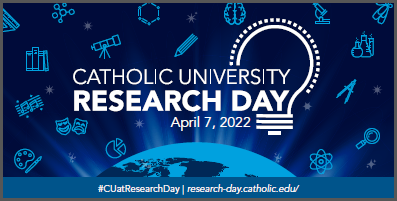As a member of the 2023 University Research Day Committee, I would like to share the following announcement with you:
University Research Day at Catholic University is back! The deadline for abstract submission for University Research Day 2023 is Jan. 24, 2023. 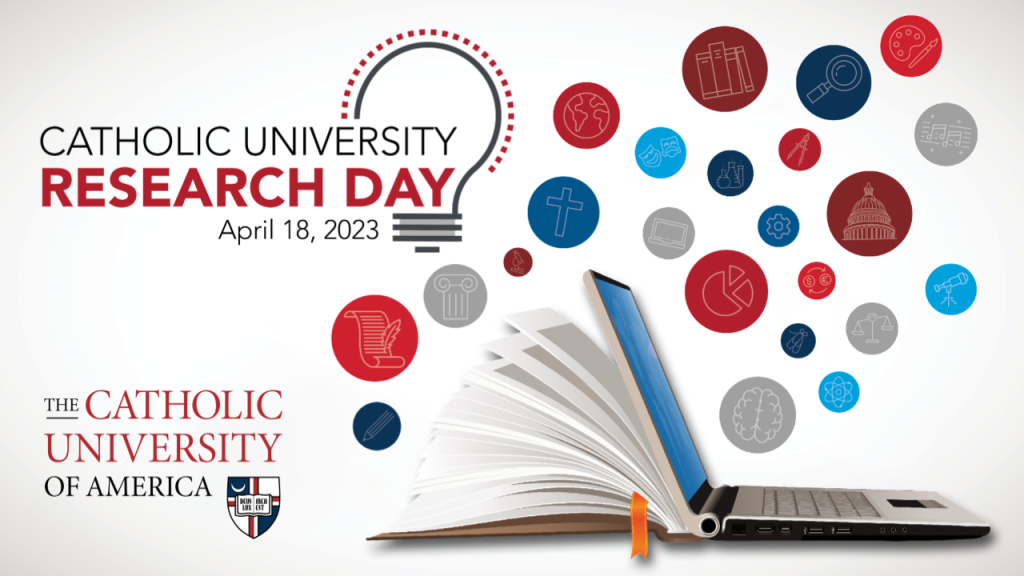
All members of the Catholic University community are encouraged to share their work by submitting an application. Research has a broad meaning and can include anything that falls under ‘scholarly work.’ Some examples include:
- a scholarly paper
- a collaborative project with a faculty member
- a recent presentation given at a professional meeting
- a dramatic or musical performance
- a display of art
URD will be in-person with in-person presentations and a poster session on our DC campus. All presentations will also be pre-recorded so that the global community can access them virtually. Remote students, faculty and staff (e.g., online programs, at the Rome Center, and Tucson) can participate in the virtual poster and oral presentations. Students, faculty and staff on campus can participate in-person as well as share their research virtually.
URD is an opportunity to share one’s scholarship in a way that ensures accessibility to everyone — even those unfamiliar with the subject matter. Abstracts should reflect this, written with clear, non-technical language that is geared for ALL people. Examples of past selected abstracts are available here. Submitted abstracts will be judged by members of the URD Planning Committee and selected presenters will be notified by email.
Look for more information on social media from our hashtag, #CUatResearchDay and from this website including important dates, the format for the presentations, and the link to the application form. In addition, the names of the current planning committee members are listed on the website, should you have specific questions. See University Research Day 2022 presentations here.
Abstracts: If you are interested in presenting a paper, poster, or interactive demonstration, please complete the abstract submission form. Abstracts must be received by January 24, 2023 at 5 p.m., to be considered. Submissions received after that date will not be reviewed.
Elizabeth Edinger and Chris Raub
URD 2023 Co-Chairs


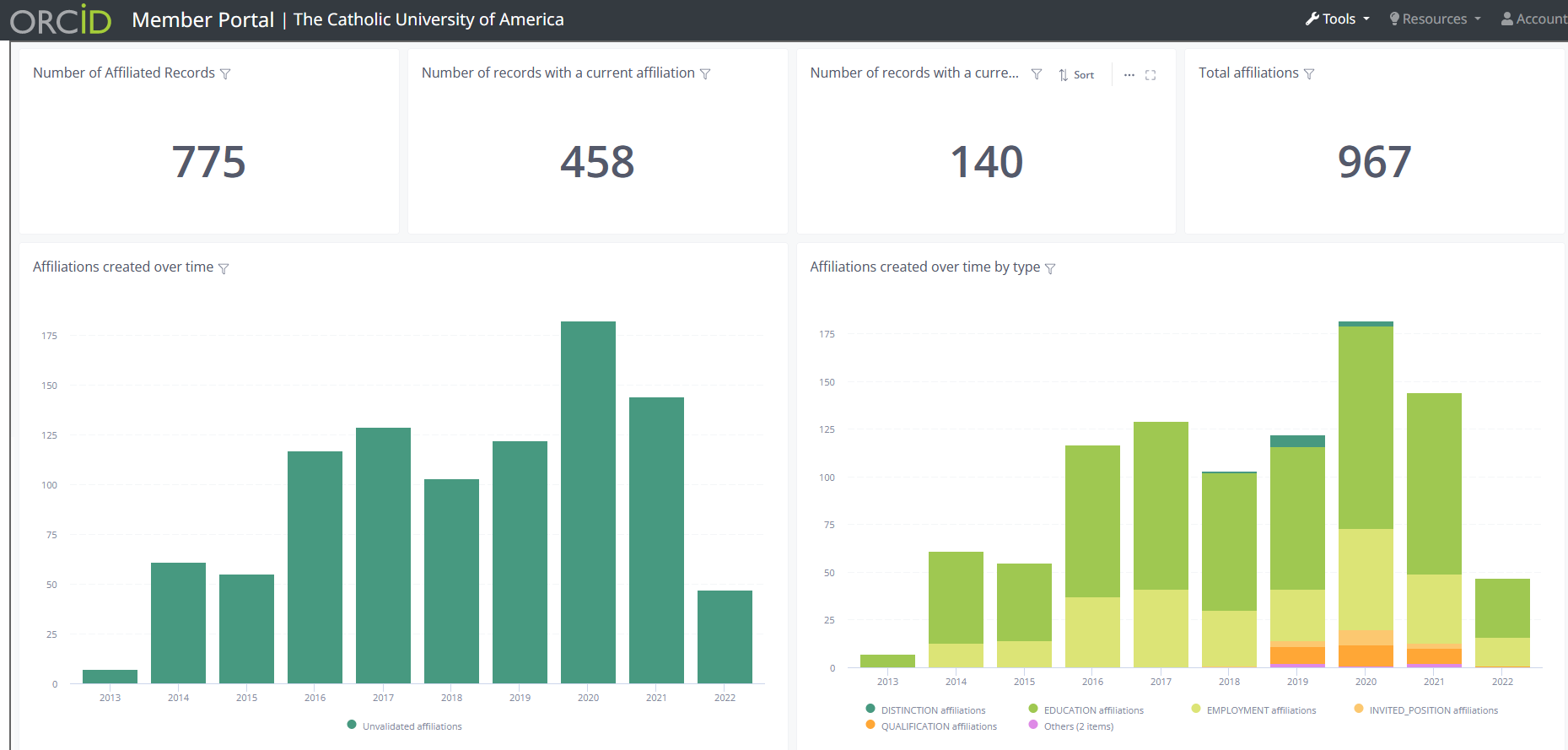
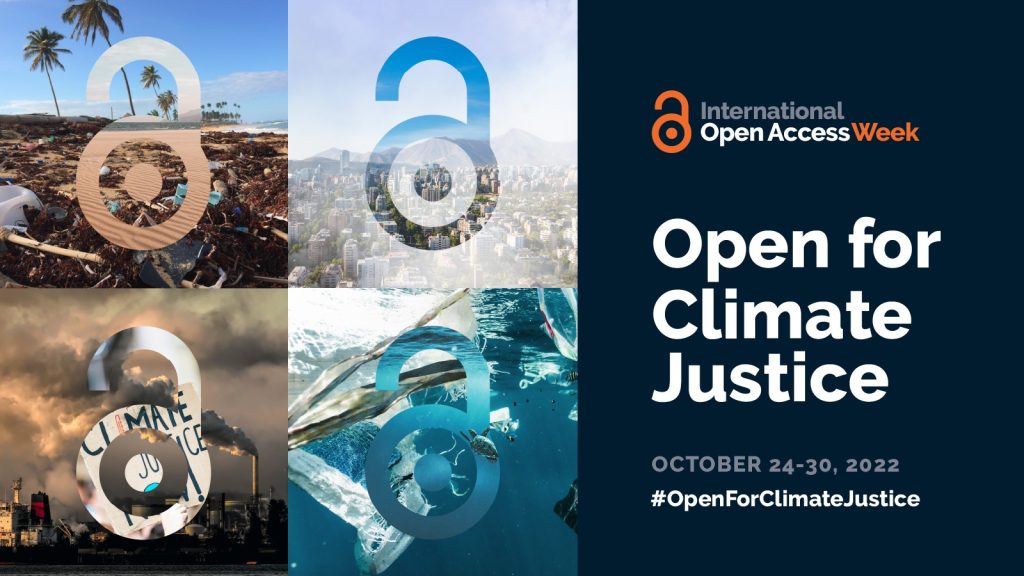 Access Week was created by the Scholarly Publishing and Academic Resources Coalition (
Access Week was created by the Scholarly Publishing and Academic Resources Coalition (



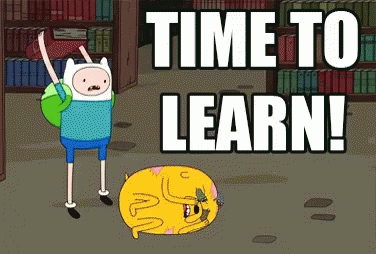 (
(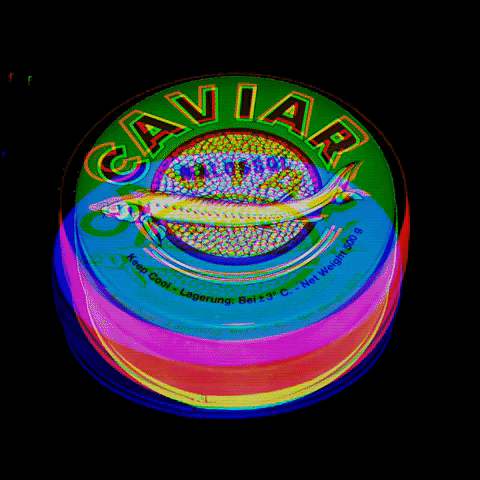 (
(